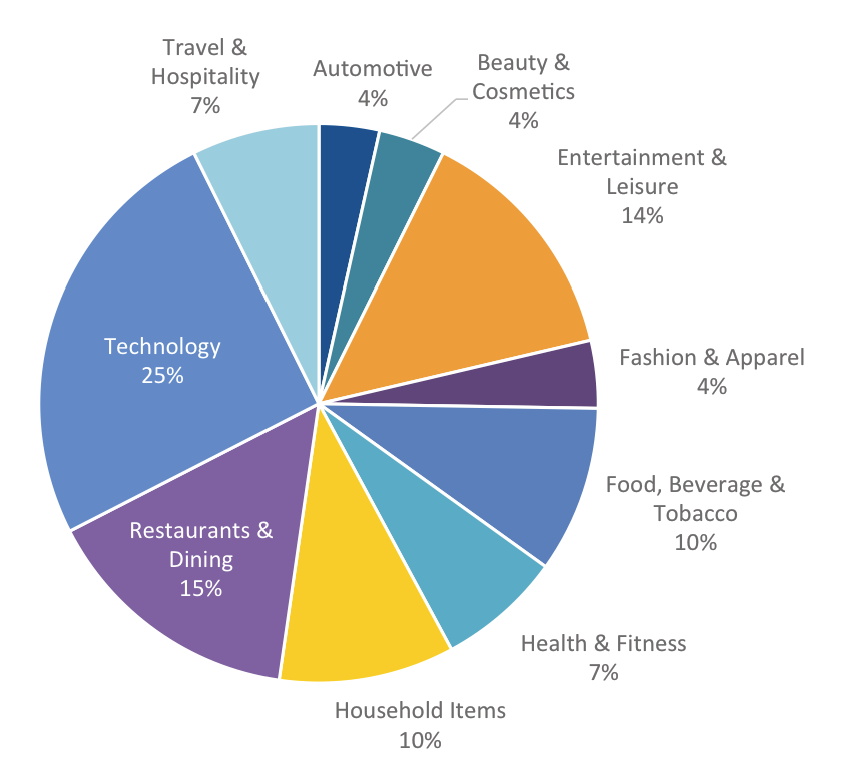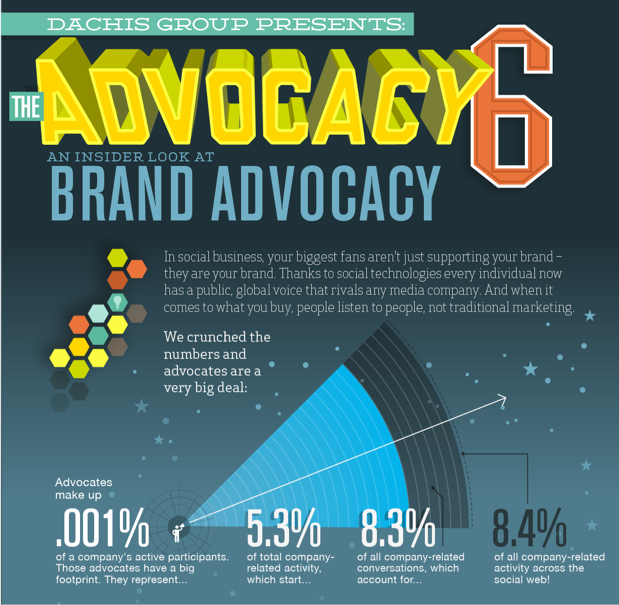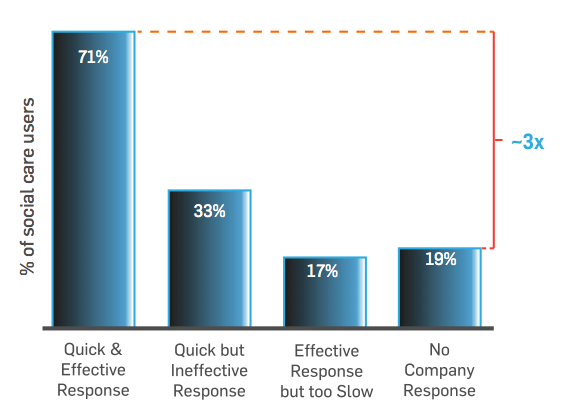By adaptive - February 13th, 2013
Personal recommendations have always carried promotional weight, and testimonials have always been a staple of marketing. How do businesses find these advocates - and ensure their public support?
The importance of brand advocacy cannot be over-estimated. Social media has shifted the balance of power in customer relationships, because most people trust the opinion of their peers more than they trust what companies tell them. Facebook, Twitter, online forums, blogs and the rest have given consumers the technology to communicate directly with one another, often without the brands themselves being involved. As a result, customers who become advocates can help to maximise the effectiveness of marketing spend by talking up the benefits of a product or service, and even to the extent of defending a brand against what they may consider to be unfair criticism.

A culture of responsiveness

Problems are inevitable – deal with them

A sense of belonging
Next Reads
June 2014, New York
Become a social business: For superior marketing response, sharper corporate decision-making, enhanced innovation and a happier, more loyal customer
Brochure Programme